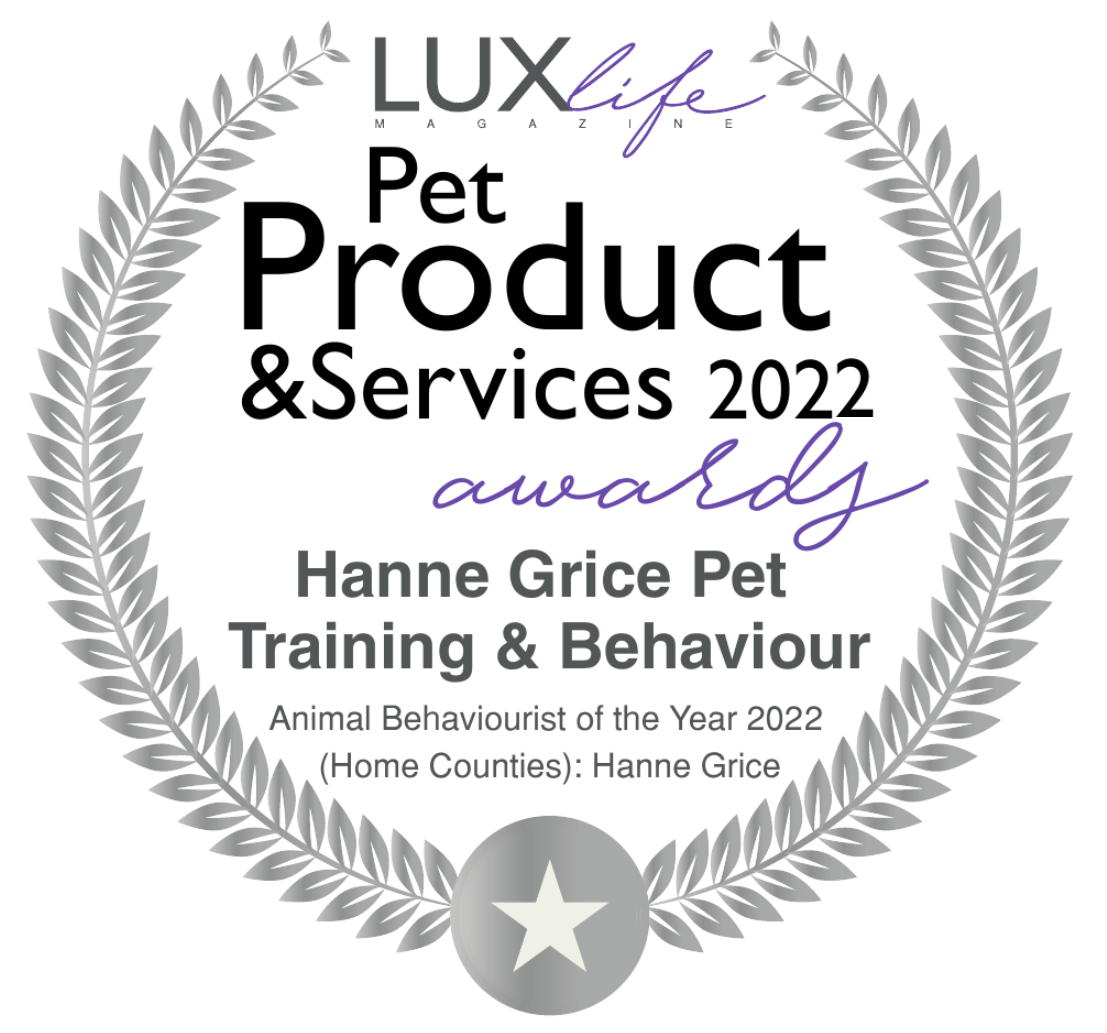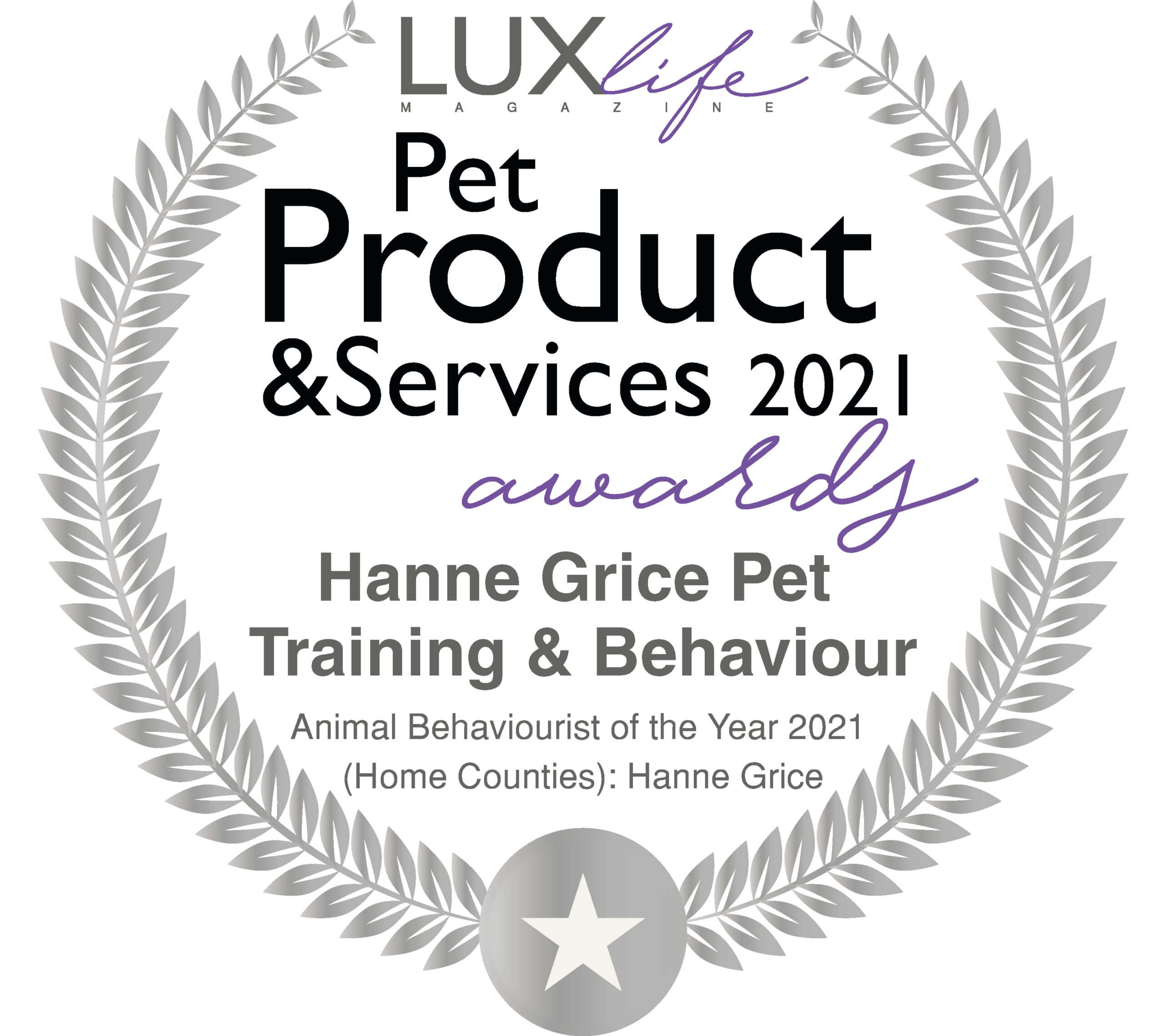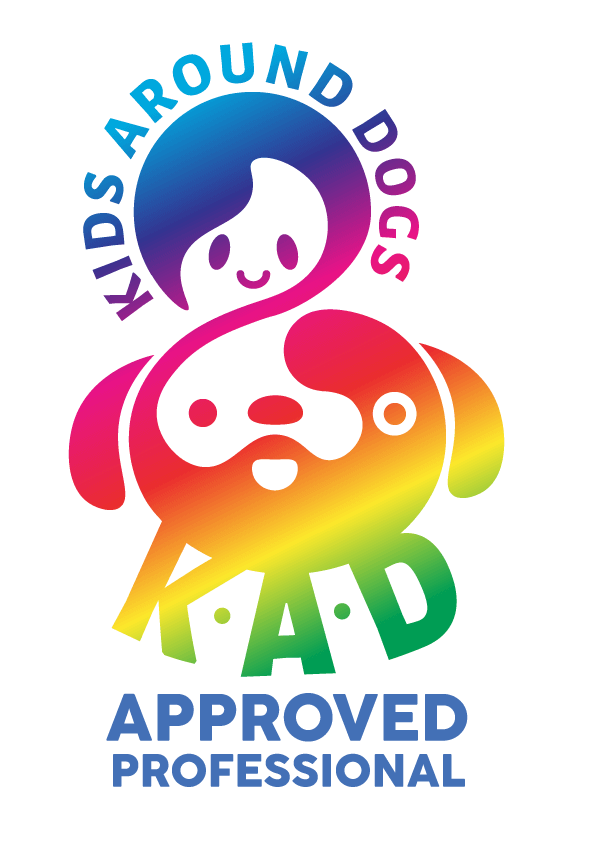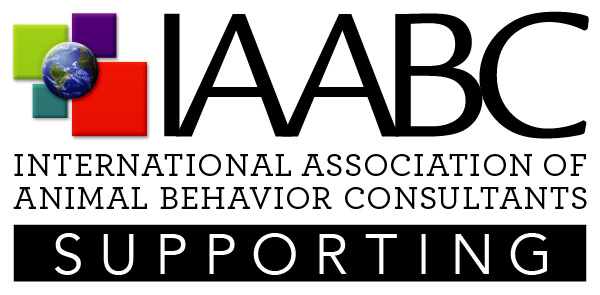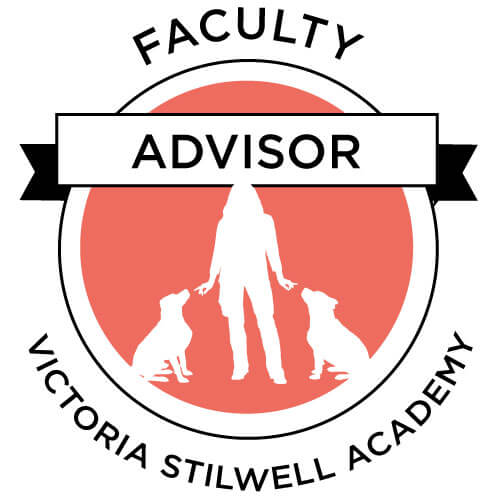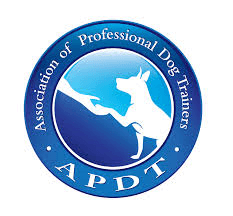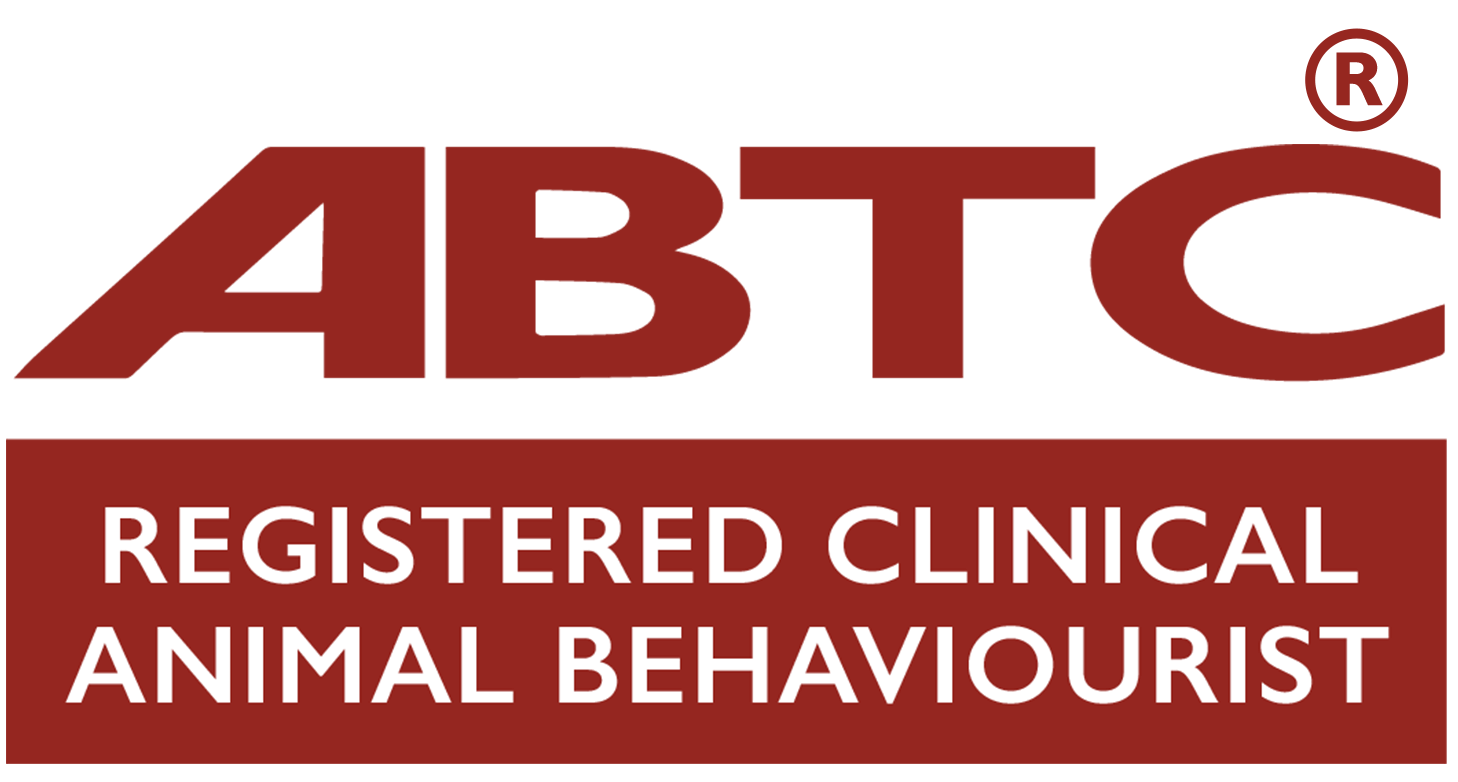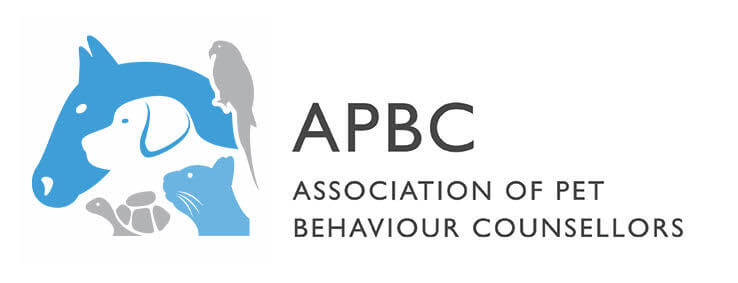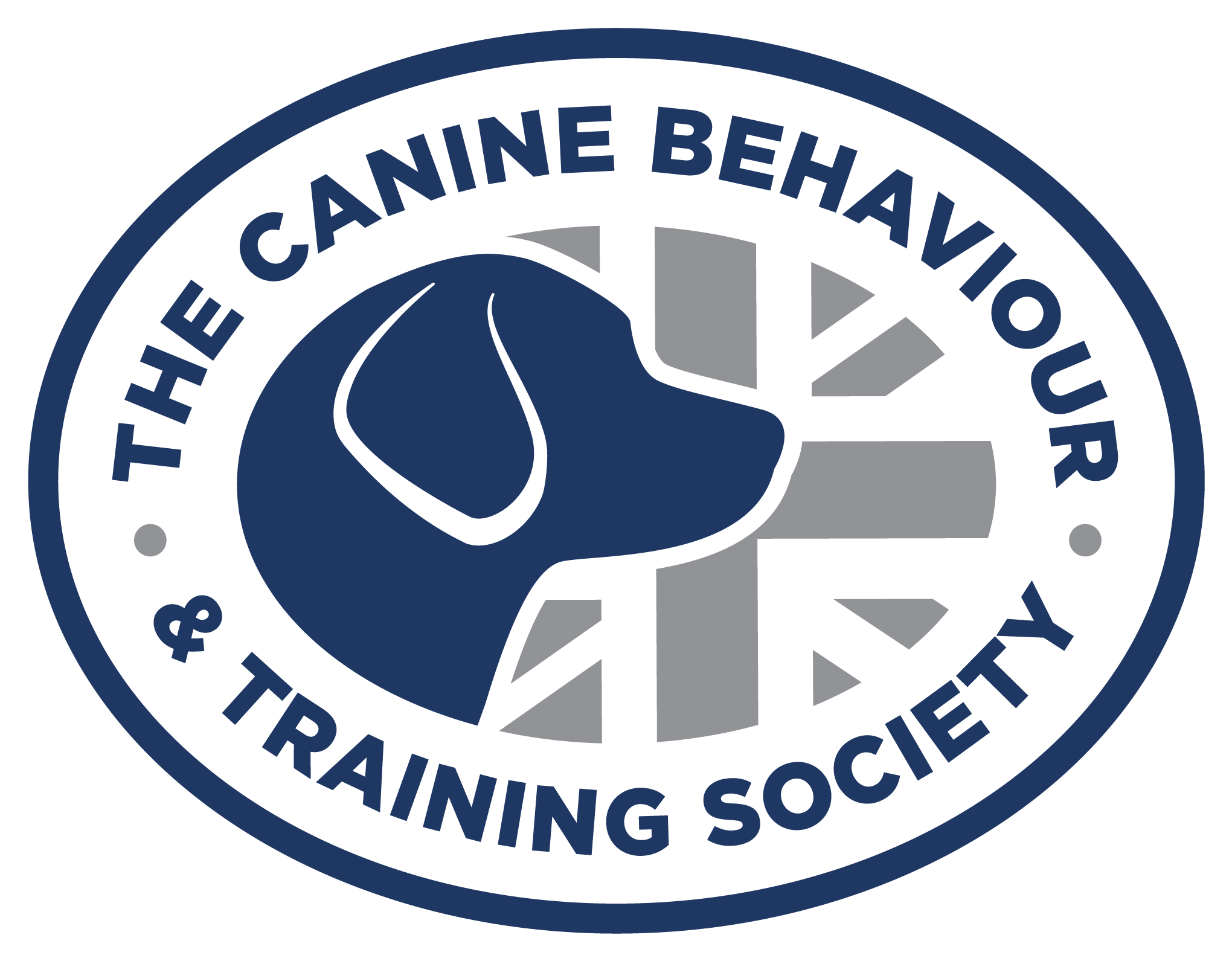Puppy socialisation is a crucial aspect of raising a well-rounded and behaviourally balanced dog. It involves introducing your puppy to a wide range of experiences, people, animals, sounds, textures, and environments during their early developmental stages. This article will delve into the importance of puppy socialisation, provide practical tips on how to socialise your puppy effectively, and highlight the potential consequences of inadequate socialisation.
Why Is Puppy Socialisation Important?
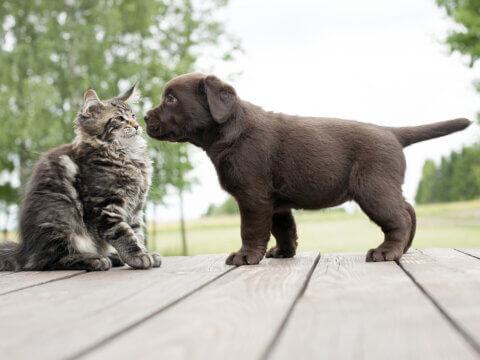
Puppy socialisation plays a pivotal role in shaping your dog’s behaviour and temperament throughout their life. The critical period for socialisation occurs between 3 and 14 weeks of age, during which puppies are more receptive to new experiences. Proper socialisation helps puppies develop into confident, friendly, and adaptable dogs by:
- Building Positive Associations: Early exposure to various stimuli, such as different people, animals, sounds, different textures/substrates to walk on, and environments, helps puppies develop positive associations and reduces the likelihood of fear or aggression later in life.
- Preventing Behavioural Problems: Well-socialised puppies are less likely to develop behavioural issues, such as separation-related problems, social fear (such as dog-dog fear, dog-human fear which may produce aggressive responses), and sound sensitivities to name a few.
- Improving Trainability: Socialised puppies are more open to learning and have better attention spans, making them easier to train and teach basic obedience behaviours such as stay, sit, down, leave, drop, loose lead, recall etc.
How to Socialise Your Puppy Effectively
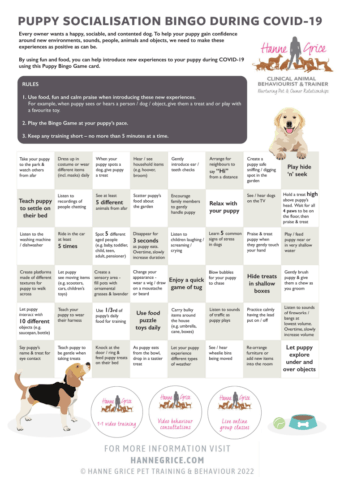
- Gradual Exposure: Introduce your puppy to new experiences gradually, starting with controlled and positive encounters. Begin with familiar people, then gradually expose them to strangers, children, and other animals. Progressively increase the level of distractions and novelty as your puppy gains confidence. Always provide choice – allow your puppy to move away if they want to, and learn to recognise the subtle signs of unease. Check out the great video from trainer Eileen Anderson which demonstrates Consent Testing and highlights some of the more subtle signs of stress in dogs. If you have children, do watch the video from the Family Dog – Stop the 77 for an illustration of stress signs using commercial photographic examples.
- Positive Reinforcement: Use treats, praise, and rewards to create positive associations with new experiences. Reward your puppy for calm and confident behaviour, reinforcing their understanding that new encounters lead to positive outcomes.
- Controlled Interactions: Arrange controlled playdates with well-behaved, vaccinated or what I call “good role model” dogs to gently expose your puppy to appropriate social interactions. Monitor their interactions very closely to ensure positive experiences and prevent any negative incidents – allow for frequent breaks and encourage ‘mooching’ about by planting food hides or toys around the area, rather than only full-blown puppy charging about-type of play. This helps teach some doggie etiquette.
- Enrol in Puppy Classes: Enrolling in puppy classes can provide a structured environment for your puppy to interact with other dogs and people while under the guidance of professional trainers. These classes often include exposure to different environments, basic obedience training, and essential life skills. Ensure your trainers use positive reinforcement-based methods. You can sign up to our in-person group classes via the Times & Bookings page, or if you’re located out of my area then do check the Animal Behaviour and Training Council (ABTC) for a list of certified practitioners near you.
Check out my Puppy Socialisation Bingo card to help give you some structure to your puppy’s socialisation plan.
The Fall-Out of Inadequate Puppy Socialisation
Insufficient or improper socialisation can have long-term consequences for your dog’s behaviour and overall well-being. The potential fall-out includes:
- Fear and Anxiety: A lack of early socialisation can lead to fear and anxiety in unfamiliar situations, causing dogs to become excessively reactive or aggressive.
- Poor Adaptability: Dogs that have not been adequately socialised may struggle to adjust to new environments, resulting in stress and difficulty coping with change.
- Aggression: Dogs with inadequate socialisation are more prone to displaying aggressive behaviours towards humans and other animals, making them a potential risk to themselves and others.
- Behavioural Issues: Dogs may develop a range of behavioural issues, including separation-related problems anxiety, excessive barking, sound sensitivities, destructive behaviour, or inappropriate elimination and so on.
A final word…
Gentle exposure to new and repeated experiences, situations, people, animals and more, should be the focus for the first two years of your puppy’s life. It requires planning, management, and a common-sense approach to avoid rushing the process which could lead to overwhelm. However, socialisation does not stop after 2 years of age; if you continue with the gentle exposures to repeated and novel experiences through-out your dog’s life, always enabling them to have choice, then you will create a more well-rounded and resilient pooch.
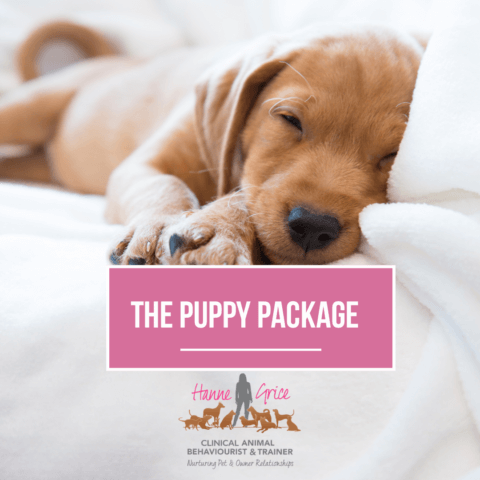
You can learn more about this subject, how to tackle unwanted puppy problems, and how teach your puppy awesome foundation behaviours by signing up to my Puppy Package online modular course. It’s jam-packed with ‘how to’ videos, handouts, advice and really is a one-stop shop for all your puppy’s training and behaviour needs.
References:
- American Veterinary Society of Animal Behavior. (2008). Position Statement on Puppy Socialization.
- American Kennel Club. (n.d.). Puppy Socialization: Why, When, and How to Socialize Your Dog.
- Serpell, J. (1996). Inherited and Environmental Factors Influencing Puppy Behavior. Applied Animal Behavior Science, 47(1-2), 103-113.
Learn more about our classes
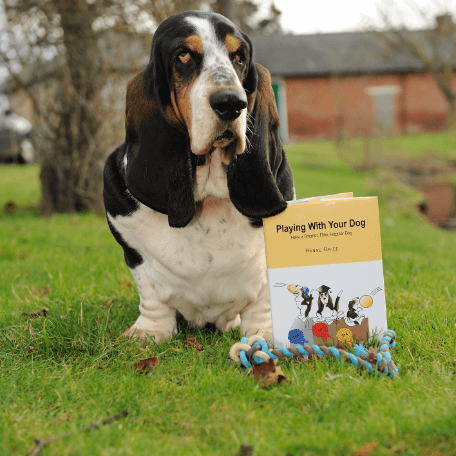
Get Hanne's Book
Playing With Your Dog will help any dog owner work out the games that are best suited for their pet to play throughout his life, from puppyhood to old age. The book also shares some tricks for all ages, group activities, and recommended toys that dogs will enjoy.


